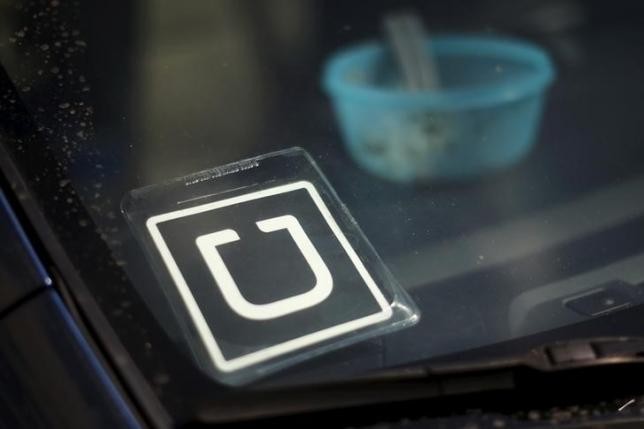Lawrence Mishel has stated that Uber is not as economically powerful as the company claims, especially since gig economies have yet to significantly affect the economy of the United States.
Mishel became concerned about how the media and the public concentrate on the high-profile company when the future of work is seemingly far from being dominated by gig economies.
Instead of looking into Uber and the company's practices to understand how the future of work would be like, Mishel argued that policymakers should focus on the alarming reduction of blue-collar and white-collar income, according to The Atlantic.
The Economic Policy Institute president also revealed that the Bureau of Labor Statistics has statistical evidence to show that the compensation benefits and wages of the bottom 80 percent of workers have decreased since 2007.
Aside from much-needed policy reforms regarding salaries, Mishel also identified other labor issues such as the dismal state of the retirement system, the dominance of subcontractors and temporary workers, the false classification of workers as independent contractors, and the inability of the minimum wage's buying power to adapt to inflation rates.
As Mishel analyzed the various announcements made by Uber about gig economies as the future of work, the author of "The State of Working America" noted that 60 percent of Uber drivers did not see the transportation company as a viable form of employment in the long run.
The president of the Economic Policy Institute conducted a thorough research of the overall impact of the famed international transportation company and found out that the $3.5 billion earnings of Uber drivers comprise only 0.06 percent of the overall U.S. private-sector economy.
In other news, Michael Raynor and Rory McDonald have stated in a Harvard Business Review article that Uber is only genuinely disruptive on the lower portion of the limousine market using the UberSELECT service, according to The Financial Times.



























